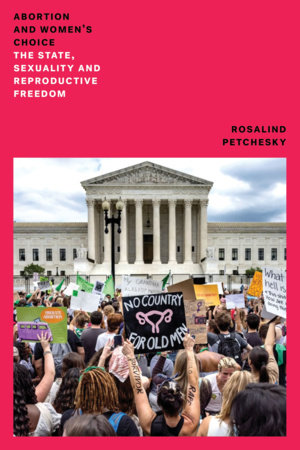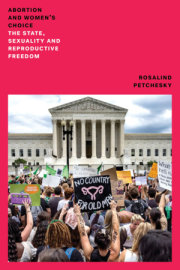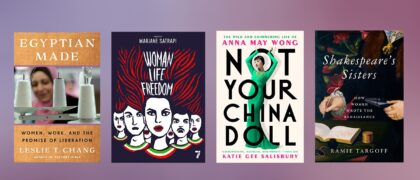Foreword by Zillah Eisenstein
Abortion Again? Preface to the 2024 Edition
Foreword to the British Edition
Preface
Introduction: Beyond ‘‘A Woman’s Right to Choose’’—Feminist Ideas about Reproductive Rights
Controlling Our Bodies / The Social Relations of Reproduction / Reproductive Politics, Past and Future
PART I Fertility Control in Theory and History
1. Fertility, Gender, and Class
The Role of Technology / Malthusian Ideology and Bourgeois Culture / Birth Control in the Bourgeois Family / Class Divisions, Motherhood, and Fertility Control among the Poor / The Place of Abortion
2. Abortion and the State: Nineteenth-Century Criminalization
Falling Birthrates and Rising Abortions / The Medical Attack / The Eugenics Movement and Sterilization / Abortion, Sterilization, and the Socialist-Feminist Birth Control Movement
3. Abortion and the State: Twentieth-Century Legalization
Falling Birthrates and Rising Abortions in the 1960s and 1970s / Population Control and the Legalization of Abortion / The Role of Popular Organizing: Feminists and Libertarians
PART II Abortion Practice in the 1970s
4. The Social and Economic Conditions of Women Who Get Abortions
Recent Trends in Abortion Practice / Class and Race Differences in Resolving Nonmarital Pregnancies / Abortion Access for Poor Women
5. Considering the Alternatives: The Problems of Contraception
The Politics of Contraception / The Inadequacies of Contraception / Abortion and Contraception—The Necessary Link / The Failure of institutional ‘‘Delivery Systems’’
6. Abortion and Heterosexual Culture: The Teenage Question
Defining Sexuality—The Role of Abortion / The Rise in Teenage Sex and Pregnancy—A Revised View / Continuities in Heterosexual Culture / Grids of Conflict and Sources of Change
PART III Sexual Politics in the 1980s
7. The Antiabortion Movement and the Rise of the New Right
Launching the Neoconservative State / The Organizational Base: Churches and Reproductive Politics / The Ideological Message: Reprivatizing Sexuality and ‘‘Preserving the Family’’
8. Protecting Family Integrity: The Rightward Drift in the Courts
‘‘Medical Necessity’’ versus Women’s Autonomy: Roe v. Wade / Privacy Rights versus Social Justice: Medicaid Funding / Sexual Freedom versus ‘‘Authority in Their Own Household’’: Parental Notification
9. Morality and Personhood: A Feminist Perspective
Fetuses and Persons / Toward a Feminist-Humanist Concept of Personhood / Fetal Politics and False Dilemmas
10. Women’s Consciousness and the Abortion Decision
Doing and Believing—The Morality of Praxis / Maternal Practice and Reproductive Consciousness
Conclusion: The Feminist Movement and the Conditions of Reproductive Freedom
Index






